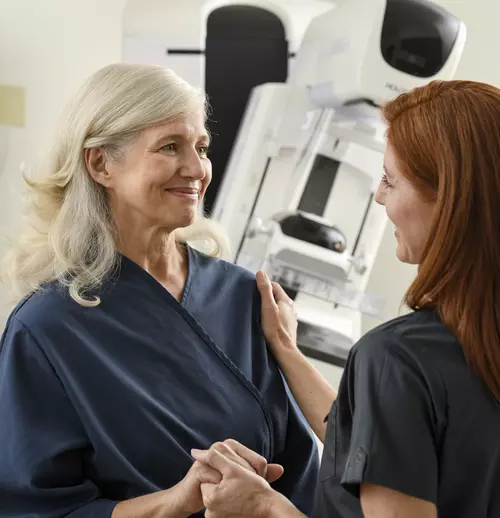Leading The Way In Breast Care
Our team of experts are ready to provide you with coordinated, patient-focused care across the continuum of women’s breast health needs.

Understand Your Risk
Knowing your risk for breast cancer is important for your health and well-being. That's why we offer BreastCancerAware. In just 5 minutes, you can easily determine your breast cancer risk through a personalized risk assessment. This free online risk assessment not only provides you with valuable insights but empowers you to make informed decisions about your health care.
Preventive Screenings
Early detection is the key to beating breast cancer. That’s why we believe every woman due for her mammogram should have access to convenient screenings with our highly specialized radiologists.
-
30-minutes or less screening mammogram appointments
-
Lunch, evening and weekend hours
-
Same-day appointments available
-
3D Mammograms throughout KC
-
Schedule online or by phone
Screening Guidelines
Age 20-39
- Clinical breast examination every 3 years
- Monthly breast self-examination
Age 40 and over
- Annual mammogram and clinical breast examination
- Monthly breast self-examination
Visit AdventHealthKC.com/mammo or call 913-676-2505 to schedule today.
Imaging and Diagnostics
From digital mammography to ultrasounds, we use the latest technology and highest quality diagnostic imaging equipment to see every detail of breast tissue. When an abnormality is found, we may recommend additional tests, including:
- Breast MRI
-
MRI, or magnetic resonance imaging, is a technology that uses magnets and radio waves to produce detailed cross-sectional images of the inside of the body. MRI does not use X-rays, so it does not involve any radiation exposure.
Breast MRI has a number of different uses for breast cancer, including:
- Screening high-risk women (women known to be at a higher risk than average risk for breast cancer, either because of a strong family history or a gene abnormality)
- Gathering more information about an area of suspicion found on a mammogram or ultrasound
- Monitoring for recurrence after treatment
- Ultrasound-guided biopsy
-
If an abnormal breast mass is detected on the breast ultrasound or a breast lump is found, a radiologist can use ultrasound guidance to pinpoint the mass and take samples for further study. There are two methods of ultrasound-guided breast biopsy. In one method, called a core needle biopsy, samples are collected by way of a spring-loaded biopsy needle. Another method, a vacuum-assisted biopsy, applies vacuum pressure to pull tissue from the breast through the needle into the sampling chamber.
- Diagnostic Mammogram
-
Unlike a screening mammogram that images your entire breast, a diagnostic mammogram focuses on a specific area(s) in your breast that the radiologist wants to look at more closely. The radiologist will view your images while you are here and you will be given the results before you leave.
- Stereotactic Biopsy
-
Much like an MRI or ultrasound-guided biopsy, a stereotactic breast biopsy relies on special imaging to place the biopsy needle at precisely the site of the abnormality. In this case, a specialized mammography machine, similar to the mammography unit used for diagnostic screening, is used. X-rays are taken from different angles to help guide the radiologist's instruments to the site. Using a vacuum-assisted device, samples are obtained and sent to a pathologist for diagnosis.
- Surgical or Excisional Breast Biopsy
-
Most breast biopsies are done with special needles using image guidance as described above. Sometimes a needle biopsy is not possible due to the location of the suspicious area in the breast or other factors. In these cases the biopsy is done by a surgeon in an operating room. Before surgery, a seed-localization procedure is usually done if the abnormal area in the breast was first detected on imaging tests (such as mammogram) and cannot be felt. The surgeon will use local anesthetic to numb the area that will be biopsied and you will also get IV sedation (rather than general anesthesia). These procedures are done in an outpatient setting and you will go home the same day.
- Breast Ultrasound
-
Ultrasound is an imaging test that sends high frequency sound waves through your breast and converts them into images on a viewing screen. The ultrasound technologist places a sound-emitting probe on the breast to conduct the test. There is no radiation involved.
Ultrasound is not used on its own as a screening test for breast cancer. Rather, it is used to complement other screening tests. If an abnormality is solid (such as a benign fibroadenoma or cancer) or fluid-filled (such as a benign cyst). It cannot determine whether a solid lump is cancerous, nor can it detect calcifications.
- MRI-Guided Breast Biopsy
-
Magnetic Resonance Imaging (MRI) uses powerful magnetic fields and advanced computer technology to produce specific images of the breast. Using MRI guidance to pinpoint the mass, vacuum pressure is used to pull tissue from the breast through the needle into the sample chamber.

High-Risk
Breast Clinic
The High Risk Breast Clinic provides specialized care for individuals with an increased risk of breast cancer due to family history or specific breast cancer risk factors.
Risk Factors for Breast Cancer
- Inherited gene mutations associated with increased cancer risks such as BRCA1 and BRCA2
- Family history of breast, ovarian or pancreatic cancer or a family member diagnosed before age 50
- Chest radiation treatment before age 30
- Dense breast tissue
Genetic Testing
Our team partners with genetic counselors to understand personal and family medical histories. Then we run a simple genetic test that shows us any mutations that may increase the risk of developing breast cancer.
Talk to a genetic counselor by calling 913-632-9162.

Breast
Cancer Care
-
Moving Cancer Care Forward
Our patients find unparalleled expertise and uncommon compassion in their cancer journey, every step of the way.
-
Multidisciplinary Team
AdventHealth takes a multidisciplinary approach to diagnostics and treatment. Patients meet with a team of providers, including a medical oncologist, breast surgeon, radiation oncologist and breast and financial navigators.
-
Personalized Treatment Plan
No two breast cancer diagnoses are the same. Our oncology team explores the latest treatments and technologies and helps our patients fully understand their treatment options. We then personalize the course of treatment and strategically prescribe individual therapies that are designed for positive outcomes.
-
Whole-Person Care
Successful cancer care is about more than just physical healing. From mental health counselors to massage therapists and chaplains, our team is committed to helping achieve greater health in body, mind and spirit.

Surgical Expertise
Our team of Board-certified surgical experts are ready to care for you using a variety of options. From curative procedures to diagnostic and reconstructive surgeries, our surgeons will help you face cancer with confidence. Conditions we treat include, but are not limited to:
- Benign and malignant conditions
- High-risk breast lesion management
- Genetic susceptibilities including BRCA 1 and 2 and strong family history
- Oncoplastic breast surgery
- Hidden scar technique and nipple-sparing mastectomy
We utilize the latest technologies and advances including wire-free cancer localization and Enhanced Recovery After Surgery (ERAS) protocols to decrease opioid use, pain, nausea and length of hospital stay.
Our Team of Breast Experts
Medical Team
-

Andy Anderson, MD
Fellowship-Trained
Breast RadiologistDiagnostic Radiology
-
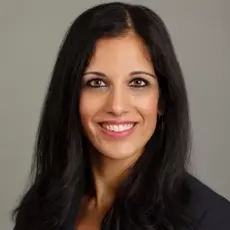
Simran Elder, MD
Oncologist and
Hematologist
Medical Director,
High Risk Breast ClinicHematology and Oncology, Medical Oncology
-
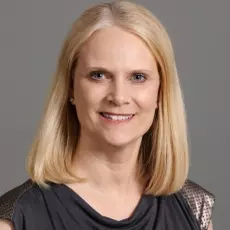
Bettina Lowe, MD, FACS
Breast/General Surgeon
General Surgery
-

Kristine Freyaldenhoven, MD, FACS
Breast/General Surgeon
General Surgery
-
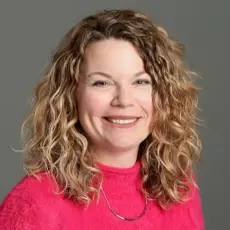
Lesley Hofer, APRN, FNP-C, AOCNP
Advanced Oncology Nurse Practitioner,
High Risk Breast ClinicOncology
-

Spencer Eagan, MD
Breast Reconstruction
Ascentist Plastic SurgeryPlastic Surgery
-

Heather Pena, MD
Breast Reconstruction
Ascentist Plastic SurgeryPlastic Surgery
-

Paul J Leahy, MD
Breast Reconstruction
Monarch Plastic SurgeryPlastic Surgery, Hand Surgery
-

Joseph Spaniol, MD
Breast Reconstruction
Monarch Plastic SurgeryPlastic Surgery
Our Extended Care Team
Navigator Team
-
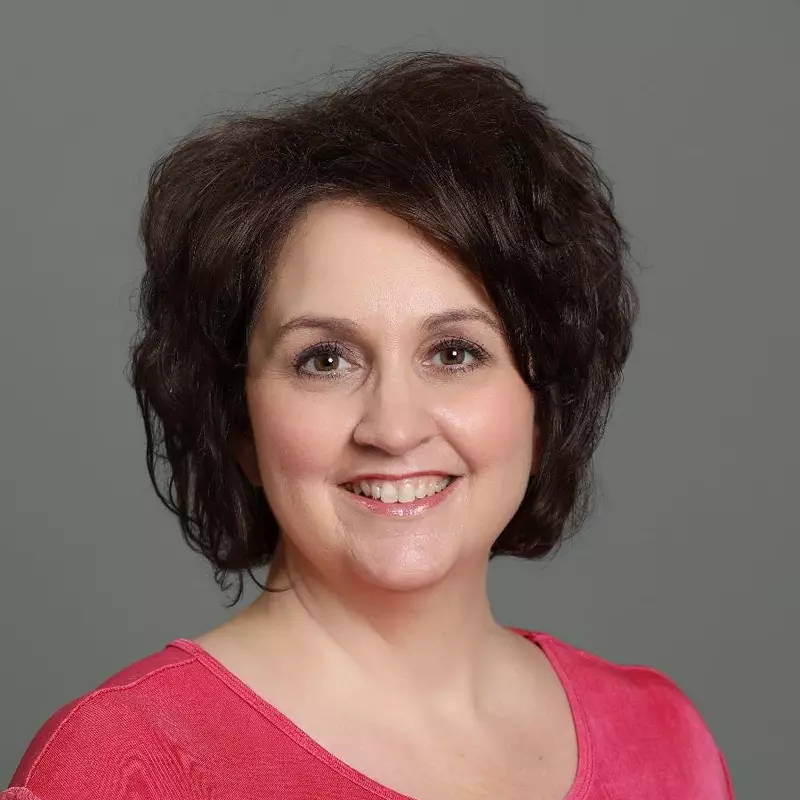
DeeAnn Abke, MSN, RN, OCN
Breast Navigator
-
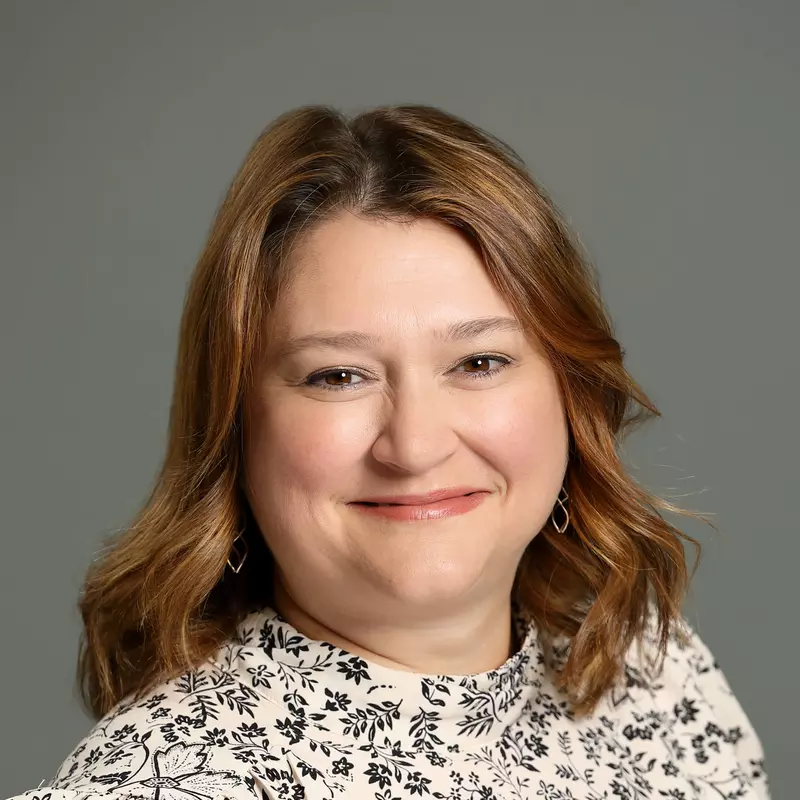
Jenny Potter
Breast Imaging Navigator
-
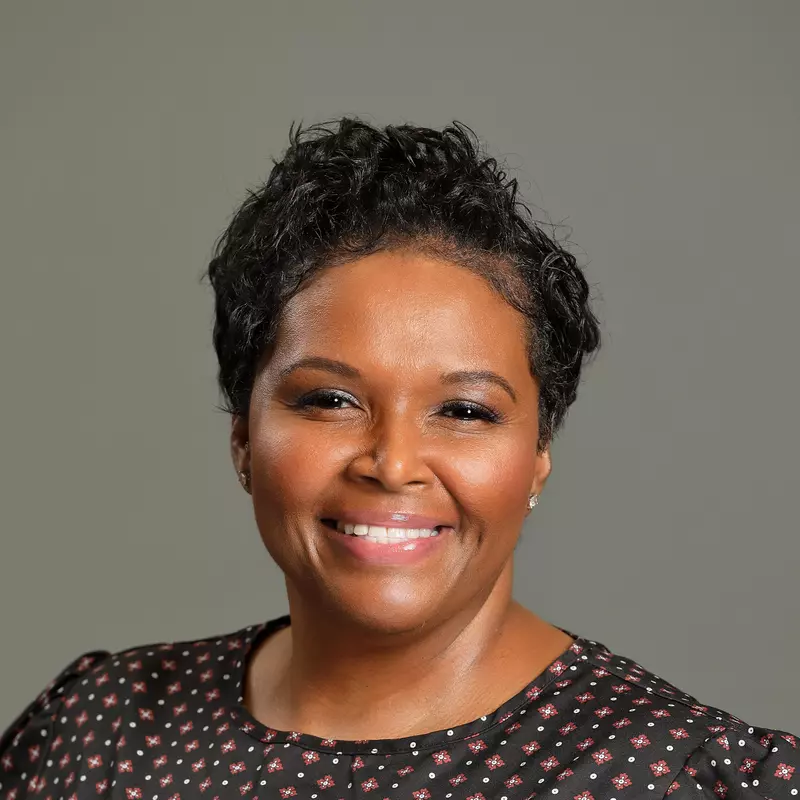
Tashena Deisch
Financial Navigator
-
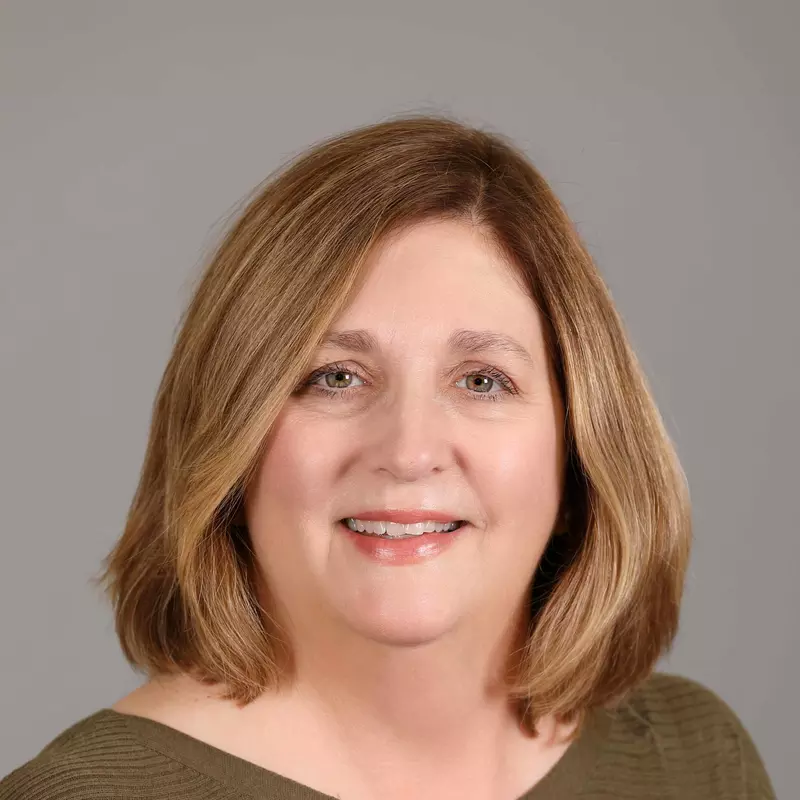
Vicki Finch
Financial Navigator
-
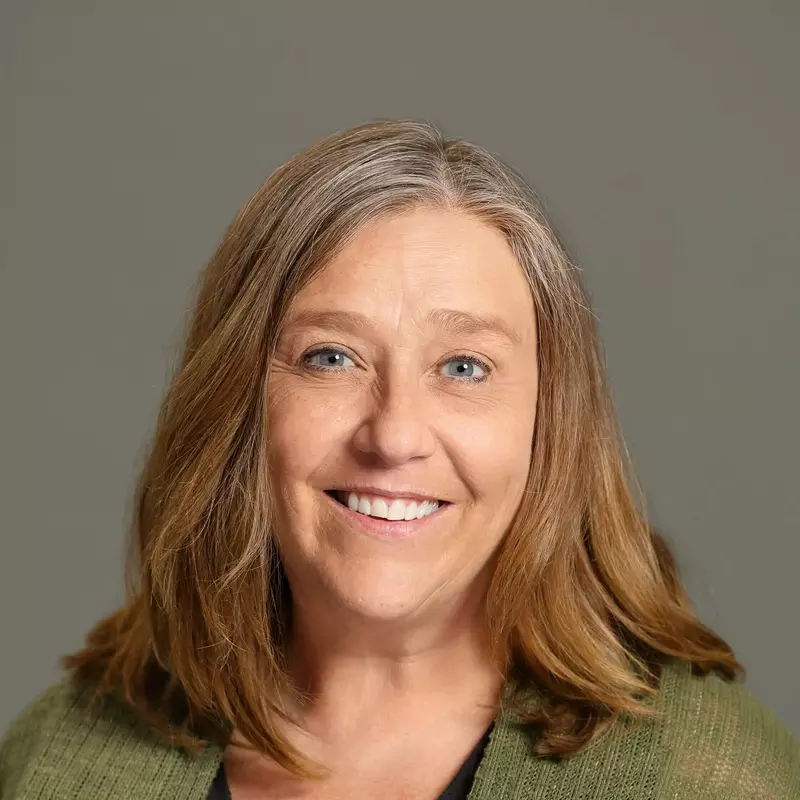
Chrissy Roth
Financial Navigator
-
Tiffany Summers
Financial Navigator
Award-Winning Care
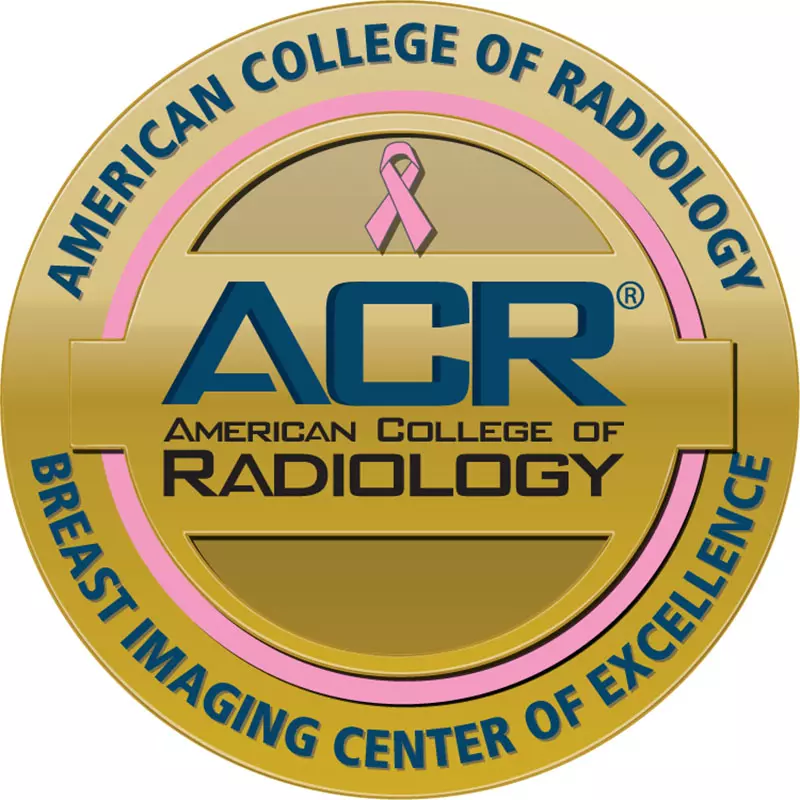
American College of Radiology
Breast Imaging Center of Excellence

Commission on Cancer®
Accredited Program

National Accreditation Program for Breast Centers
Accredited Breast Center
Moving Cancer Care Forward
At the AdventHealth Cancer Institute Shawnee Mission, you can count on our extensive programs and expert team of cancer specialists. We offer comprehensive care at one cancer center with your whole health in mind. We’re moving cancer care forward and helping you overcome cancer in body, mind and spirit.

